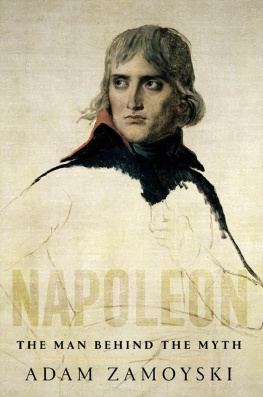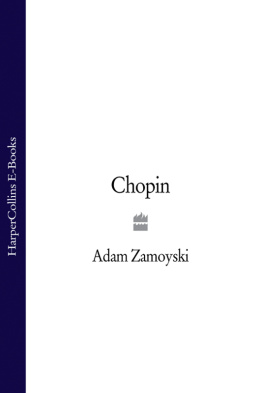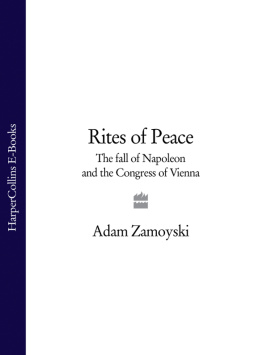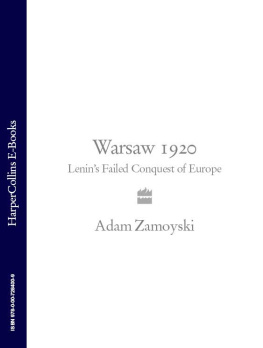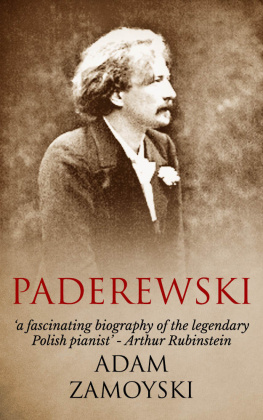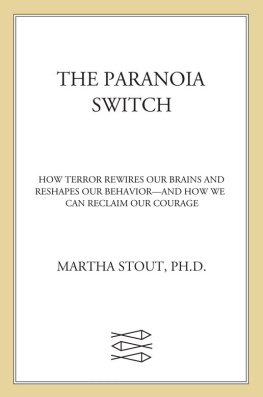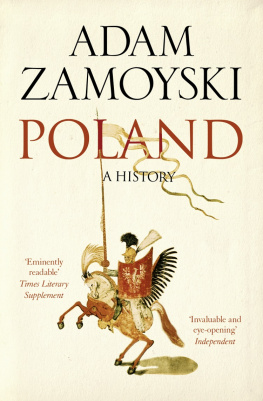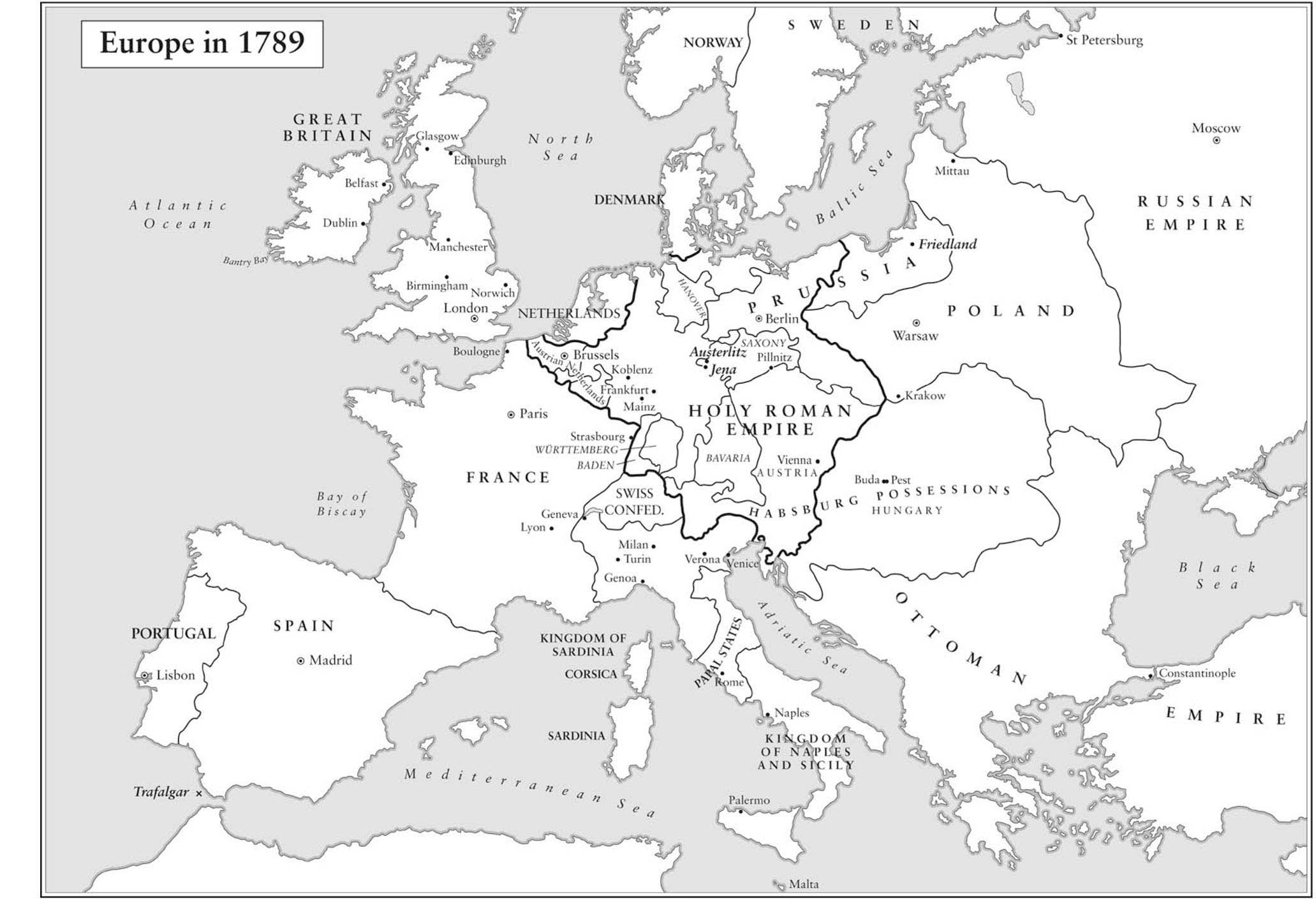Adam Zamoyski - Phantom Terror: Political Paranoia and the Creation of the Modern State, 1789-1848
Here you can read online Adam Zamoyski - Phantom Terror: Political Paranoia and the Creation of the Modern State, 1789-1848 full text of the book (entire story) in english for free. Download pdf and epub, get meaning, cover and reviews about this ebook. year: 2015, publisher: Basic Books, genre: History. Description of the work, (preface) as well as reviews are available. Best literature library LitArk.com created for fans of good reading and offers a wide selection of genres:
Romance novel
Science fiction
Adventure
Detective
Science
History
Home and family
Prose
Art
Politics
Computer
Non-fiction
Religion
Business
Children
Humor
Choose a favorite category and find really read worthwhile books. Enjoy immersion in the world of imagination, feel the emotions of the characters or learn something new for yourself, make an fascinating discovery.

- Book:Phantom Terror: Political Paranoia and the Creation of the Modern State, 1789-1848
- Author:
- Publisher:Basic Books
- Genre:
- Year:2015
- Rating:3 / 5
- Favourites:Add to favourites
- Your mark:
Phantom Terror: Political Paranoia and the Creation of the Modern State, 1789-1848: summary, description and annotation
We offer to read an annotation, description, summary or preface (depends on what the author of the book "Phantom Terror: Political Paranoia and the Creation of the Modern State, 1789-1848" wrote himself). If you haven't found the necessary information about the book — write in the comments, we will try to find it.
In Phantom Terror, award-winning historian Adam Zamoyski argues that the stringent measures designed to prevent unrest had disastrous and far-reaching consequences, inciting the very rebellions they had hoped to quash. The newly established culture of state control halted economic development in Austria and birthed a rebellious youth culture in Russia that would require even harsher methods to suppress. By the end of the era, the first stirrings of terrorist movements had become evident across the continent, making the previously unfounded fears of European monarchs a reality.
Phantom Terror explores this troubled, fascinating period, when politicians and cultural leaders from Edmund Burke to Mary Shelley were forced to choose sides and either support or resist the counterrevolutionary spirit embodied in the newly-omnipotent central states. The turbulent political situation that coalesced during this era would lead directly to the revolutions of 1848 and to the collapse of order in World War I. We still live with the legacy of this era of paranoia, which prefigured not only the modern totalitarian state but also the now preeminent contest between societys haves and have nots.
These tempestuous years of suspicion and suppression were the crux upon which the rest of European history would turn. In this magisterial history, Zamoyski chronicles the moment when desperate monarchs took the world down the path of revolution, terror, and world war.
Adam Zamoyski: author's other books
Who wrote Phantom Terror: Political Paranoia and the Creation of the Modern State, 1789-1848? Find out the surname, the name of the author of the book and a list of all author's works by series.

